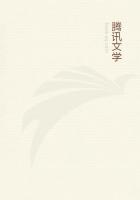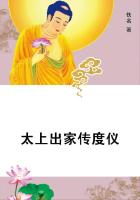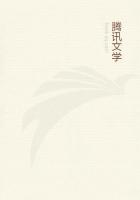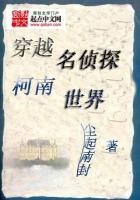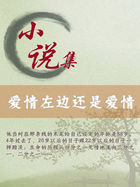29. Thus this law of reason makes the deer that Indian's who hath killed it; it is allowed to be his goods who hath bestowed his labour upon it, though, before, it was the common right of every one. And amongst those who are counted the civilised part of mankind, who have made and multiplied positive laws to determine property, this original law of Nature for the beginning of property, in what was before common, still takes place, and by virtue thereof, what fish any one catches in the ocean, that great and still remaining common of mankind; or what amber-gris any one takes up here is by the labour that removes it out of that common state Nature left it in, made his property who takes that pains about it. And even amongst us, the hare that any one is hunting is thought his who pursues her during the chase. For being a beast that is still looked upon as common, and no man's private possession, whoever has employed so much labour about any of that kind as to find and pursue her has thereby removed her from the state of Nature wherein she was common, and hath begun a property.
30. It will, perhaps, be objected to this, that if gathering the acorns or other fruits of the earth, etc., makes a right to them, then any one may engross as much as he will. To which I answer, Not so. The same law of Nature that does by this means give us property, does also bound that property too. "God has given us all things richly." Is the voice of reason confirmed by inspiration? But how far has He given it us- "to enjoy"? As much as any one can make use of to any advantage of life before it spoils, so much he may by his labour fix a property in. Whatever is beyond this is more than his share, and belongs to others. Nothing was made by God for man to spoil or destroy. And thus considering the plenty of natural provisions there was a long time in the world, and the few spenders, and to how small a part of that provision the industry of one man could extend itself and engross it to the prejudice of others, especially keeping within the bounds set by reason of what might serve for his use, there could be then little room for quarrels or contentions about property so established.
31. But the chief matter of property being now not the fruits of the earth and the beasts that subsist on it, but the earth itself, as that which takes in and carries with it all the rest, I think it is plain that property in that too is acquired as the former. As much land as a man tills, plants, improves, cultivates, and can use the product of, so much is his property. He by his labour does, as it were, enclose it from the common. Nor will it invalidate his right to say everybody else has an equal title to it, and therefore he cannot appropriate, he cannot enclose, without the consent of all his fellow-commoners, all mankind. God, when He gave the world in common to all mankind, commanded man also to labour, and the penury of his condition required it of him. God and his reason commanded him to subdue the earth- i.e., improve it for the benefit of life and therein lay out something upon it that was his own, his labour. He that, in obedience to this command of God, subdued, tilled, and sowed any part of it, thereby annexed to it something that was his property, which another had no title to, nor could without injury take from him.
32. Nor was this appropriation of any parcel of land, by improving it, any prejudice to any other man, since there was still enough and as good left, and more than the yet unprovided could use. So that, in effect, there was never the less left for others because of his enclosure for himself. For he that leaves as much as another can make use of does as good as take nothing at all. Nobody could think himself injured by the drinking of another man, though he took a good draught, who had a whole river of the same water left him to quench his thirst. And the case of land and water, where there is enough of both, is perfectly the same.
33. God gave the world to men in common, but since He gave it them for their benefit and the greatest conveniencies of life they were capable to draw from it, it cannot be supposed He meant it should always remain common and uncultivated. He gave it to the use of the industrious and rational (and labour was to be his title to it); not to the fancy or covetousness of the quarrelsome and contentious. He that had as good left for his improvement as was already taken up needed not complain, ought not to meddle with what was already improved by another's labour; if he did it is plain he desired the benefit of another's pains, which he had no right to, and not the ground which God had given him, in common with others, to labour on, and whereof there was as good left as that already possessed, and more than he knew what to do with, or his industry could reach to.
34. It is true, in land that is common in England or any other country, where there are plenty of people under government who have money and commerce, no one can enclose or appropriate any part without the consent of all his fellow-commoners; because this is left common by compact- i.e., by the law of the land, which is not to be violated.
And, though it be common in respect of some men, it is not so to all mankind, but is the joint propriety of this country, or this parish.
Besides, the remainder, after such enclosure, would not be as good to the rest of the commoners as the whole was, when they could all make use of the whole; whereas in the beginning and first peopling of the great common of the world it was quite otherwise. The law man was under was rather for appropriating. God commanded, and his wants forced him to labour. That was his property, which could not be taken from him wherever he had fixed it. And hence subduing or cultivating the earth and having dominion, we see, are joined together. The one gave title to the other. So that God, by commanding to subdue, gave authority so far to appropriate. And the condition of human life, which requires labour and materials to work on, necessarily introduce private possessions.

